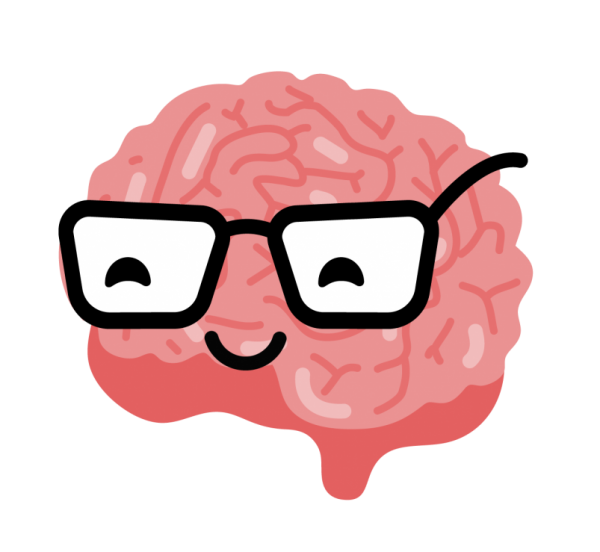Stress and sleep are two main topics in well-being discussed in university. Some students find wellness in working out, others by binge-watching a Netflix series. Unfortunately for a few, stress and sleep disorders have become chronic.
While I am not promoting in any way the consumption of the substance, I will discuss some of the benefits found in the use of cannabidiol (CBD); THC’s humble little brother.
CBD is the non-psychoactive molecule found in marijuana. It was popularized in the last couple of decades after helping cure symptoms of Dravet syndrome, according to a study published in 2018. The substance can be administered in many forms, but the most common way is by oil. Unlike THC, CBD does not provoke the secondary effects of smoking pot, like light-headedness.
CBD has recently grown in popularity with respect to treating a wide range of medical conditions, namely anxiety and sleep disorders.
In 2015, for example, a co-led research project conducted by five Israeli pediatric epilepsy clinics administered CBD oil to a group of epileptic children. The frequency of seizures in these children, ranging from ages one to 18, was reduced in 89 per cent of the cases. It was also noted that seven per cent of cases saw an increase in the frequency of seizures which resulted in CBD withdrawal.
This medical advancement shows promising potential in children’s epilepsy treatments, according to the research.
There has also been an increase in recent years of people self-medicating with CBD oil to treat their sleep and stress disorders. While such practices may be effective in some cases, CBD is still to this day under the scrutiny of health organizations, such as the FDA.
Graphic by @sundaeghost
